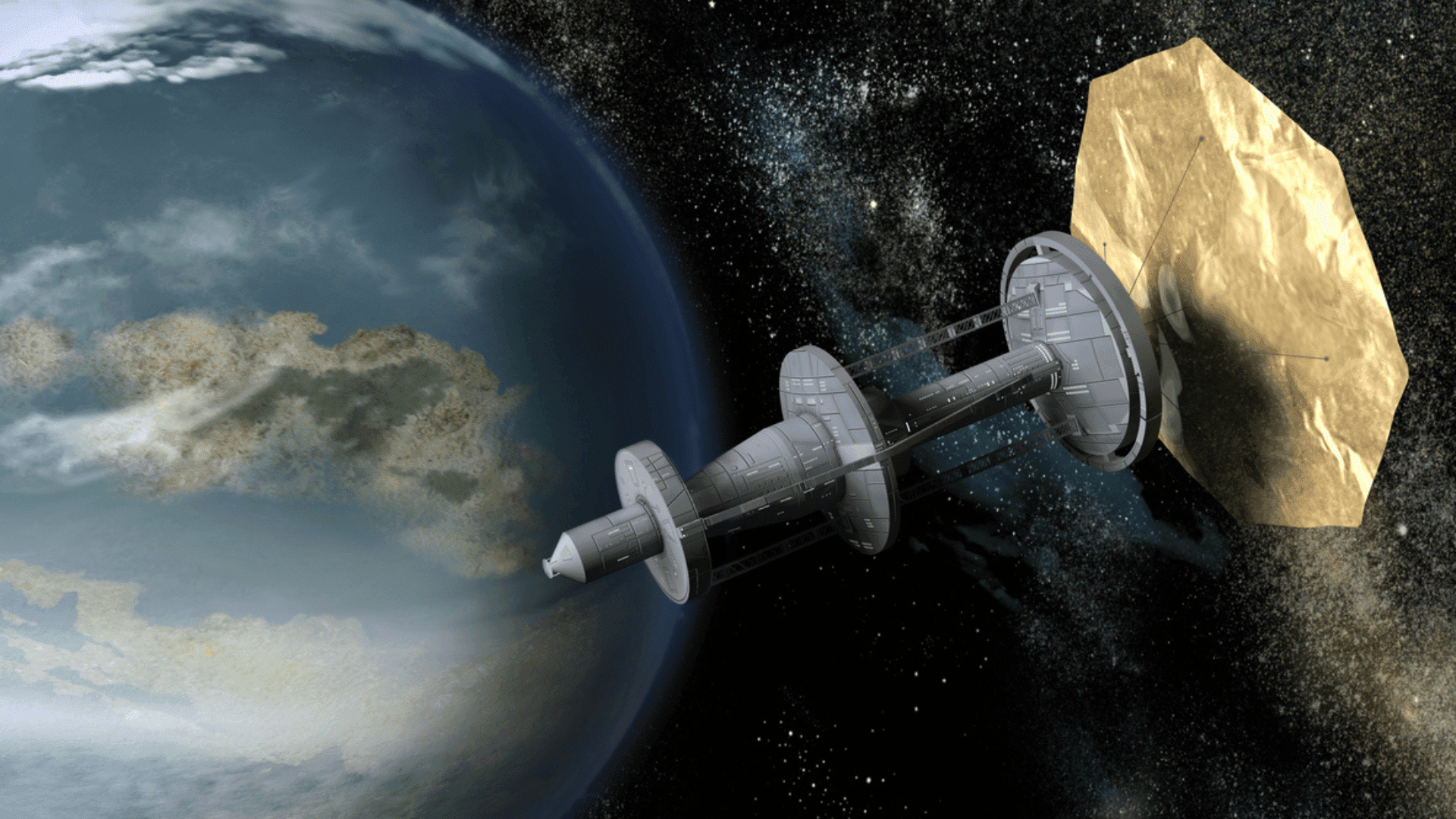Sunlight is a powerful source of energy for us on Earth. Scientists want to use that same power for journeys through space. A team from the University of Nottingham is studying a new type of spacecraft propulsion system called “transmissive solar sails.” This system would use sunlight to navigate the cosmos.
Traditional solar sails bounce sunlight away. However, the scientists claim that new sails bend it through tiny, patterned surfaces. This method could change how we travel in space. In addition, the scientists say it could offer a new way to combat climate change.
Sun-Powered Sails For the Future

The University’s Faculty of Engineering and the NottSpace team created a unique system to design and test these patterns. These tests reportedly led to big improvements in control and propulsion.
Ultimately, their goal is to create more sustainable, low-impact technologies for future space missions. By reducing the need for onboard fuel, missions could last longer. Reports indicate that this work could even pave the way for ambitious projects, like space-related climate interventions.
PhD student Samuel Thompson is one of the key members of the project. “The optics are, on the whole, chaotic and difficult to solve analytically, so I also wrote a reinforcement learning optimiser to run the simulations and iterate upon the designs,” he said. “The appeal of this approach was that the algorithm could be told to optimize according to any criteria; such a sail could be fine-tuned for specific missions and flight regimes, or be rapidly redesigned in response to evolving mission requirements.”
Beyond space exploration, the research team is also considering using these sails for a planetary sunshade system to help with global solar geoengineering. Reports say such a system could reflect or diffuse solar radiation to help lower global temperatures. Dr. Cappelletti from the University of Nottingham recently presented the idea at a United Nations event on climate innovation.
To test these concepts, the team is integrating the transmissive sails into their own student-led CubeSat missions, including WormSail and JamSail, which are currently in development.







